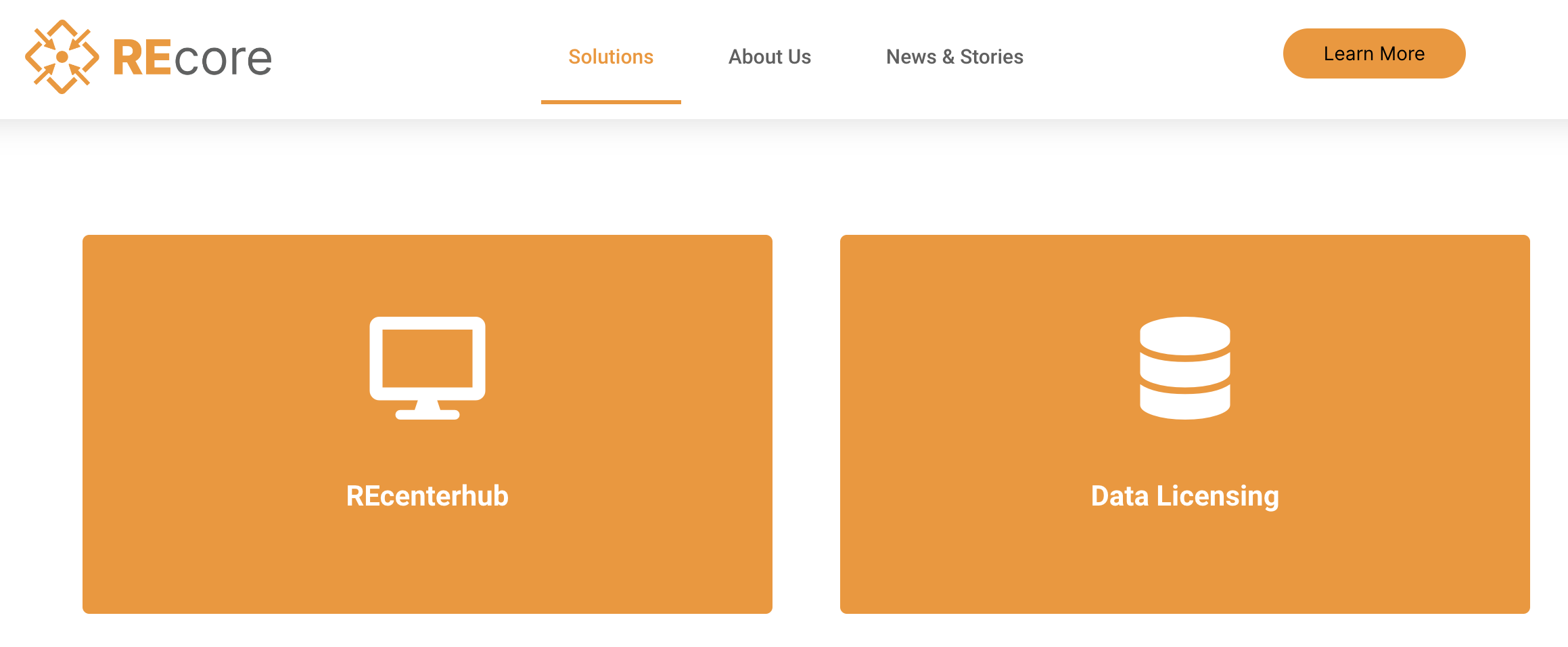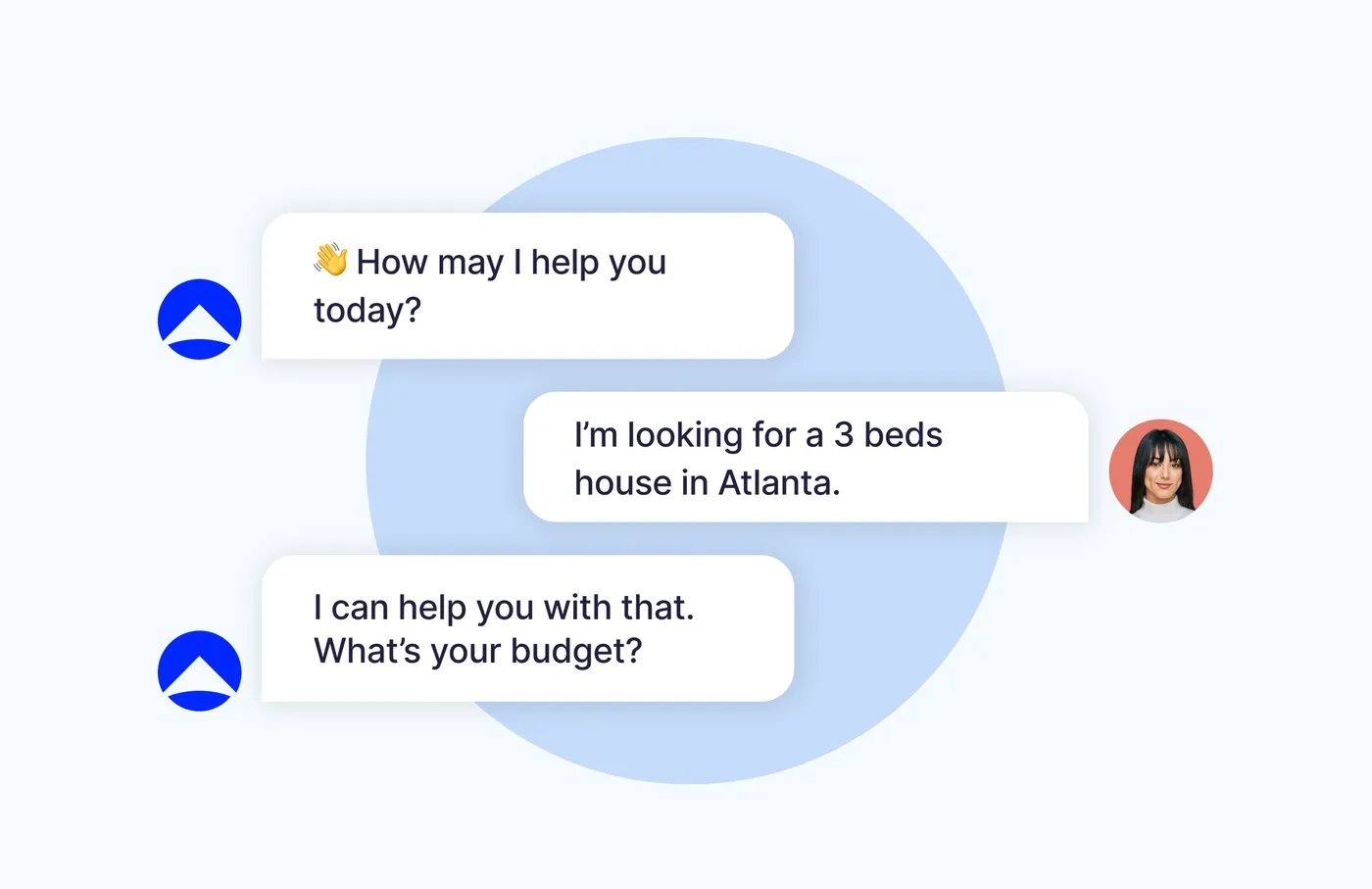Office Hours: What’s New in Home Consumer Engagement
Industry, Strategy
| 27 Aug 2025

The transformative NAR settlement is in, and real estate now faces a new landscape. This masterclass will help you see what new tools can help you adapt and thrive amid these changes. Our panel of industry pioneers will dissect the settlement’s implications and showcase innovative tools and strategies for excelling in the new normal.
Zane Burnett (VP Innovation & Industry Insight, Rechat), Tim Quirk (Co-founder/Chief Strategy Officer, Final Offer), Katie Smithson (CRO, REcore), and Nick Van Valkenberg (VP of Business Development, Roof AI) participated in a masterclass moderated by Audrey Whittington (SVP/Head of Sales & Partnerships, Local Logic) to discuss what new tools are best positioned to help you capitalize on a new real estate landscape.
In this masterclass, you’ll learn more about:
💡 Key takeaways:
The recent settlements have caused some confusion about what’s happening in the industry, how we do business today, and what tools are most suited for these changes. Although things won’t completely be overhauled overnight, the industry is indeed evolving, which creates exciting momentum as we adapt to meet its new standards.
The most important change resulting from the NAR settlement is that agents working with buyers will have to sign a buyer representation agreement. There was never a requirement for the seller to pay the buyer’s agent, but now it has been made clear that they don’t need to. Moreover, if it is offered by the seller or listing agent, compensation can no longer be communicated on the MLS.
Agents’ biggest challenge right now is how to demonstrate their value. Most homebuyers are not interested in entering the market on their own. Instead, they are looking for a greater degree of transparency and clarity within the industry. Buyers are paying more attention to how agents can help them and how the homebuying process works.
Consumers are becoming more knowledgeable about what to expect during their home search, but certain things may still be unknown to them. For example, many homeowners don’t realize that they don’t have to pay a buyer’s agent when selling their homes. However, that doesn’t mean they wouldn’t have; they are simply not aware that it’s optional.
Since consumer education is essential, real estate solutions must not only provide consumers with accurate information, but also ensure agents have access to the resources they need to show their value.
The new rules will have an impact both on how MLSs operate and on the technology they use. Currently, compensation is a required field in most MLS systems, but that will soon change. Nearly 560 MLS systems will need to be updated along with their data, so implementing these changes for MLS system vendors will be a hefty task. It’ll take some time, and won’t be an easy process. But with new technology, things might become simpler.
Although the media portrays it differently, compensation was included in the MLS to protect consumers. If this information is no longer documented, how can the consumer be protected?
There has been a lot of talk about transparency and demonstrating value. But no one has discussed how to accomplish this. The first step is to understand how the overall market perceives the industry. According to a poll conducted by Final Offer, 91% of real estate agents do not trust other agents. And when relationships go sour in this industry, it all has to do with the negotiation. So, if the agents don’t trust each other, how do you expect the consumer to trust the process?
Compensation is just one aspect of the overall experience of purchasing or selling a property. A clear understanding of what’s involved, including the possibility of negotiating compensation, is necessary to streamline that process. To foster a more trusting environment, it is crucial to bring those elements to the forefront when listing a property or making an offer on one.
The best agents in the market will earn more, not in terms of volume, but rather in percentages as they can prove their worth. Buyer agents will end up with a more stable income. For example, using a flat fee model, agents can be compensated in advance for their time through a fixed, upfront fee. The fact that a buyer is willing to pay a flat fee indicates that they are serious about the process and understand the value of working with an agent. Therefore, agents will ultimately benefit from these industry changes, as it will bring greater visibility to their services.
With more consumers doing their own research online, the onus will also shift to them. Even if buyers are able to gather more information, sellers wouldn’t want them walking into a house without an agent. Homebuyers will still need a local expert to assist them throughout the purchasing process.
A lot has been said about how agents will handle the situation — but the biggest unknown is how consumers will react when the changes come into effect.
Sensationalized headlines are puzzling consumers, leaving them with many questions. While there might be a sense of unrest in the industry, brokerages are actually planning, not panicking. They are taking the right steps; they are reading those same headlines and fielding those questions. Agents must be prepared to pivot and adjust as needed based on the different reactions that consumers may have. They need to be able to clearly articulate and communicate what these industry changes mean to consumers, covering all possible scenarios.
With each of these businesses serving distinct sectors of the industry, whether it’s MLS, brokers, agents, or consumers, the following tech solutions are well suited to ensure success in the pivot:
Rechat is an Experience Management Platform that allows agents to conduct all of their business (CRM, marketing, design, etc.) within one seamlessly integrated ecosystem. Developed exclusively for real estate professionals, their software platform streamlines the entire buying and selling process by integrating everything into one system that engages agents, drives brand consistency, and elevates efficiency.
According to T3 Sixty’s research, the average brokerage uses up to 20 different technology tools. Multiple tabs will be spread out on agents’ desktops as they try to accomplish the simplest of tasks. To solve this problem, Rechat offers a consolidated view of seamlessly integrated products where agents only have to manage one tab. Thus, agents can redirect their attention to tasks that require more bandwidth, such as focusing on consumer relationships and presenting themselves as the “local expert,” which allows them to perform their jobs more effectively.
Top real estate agents across the U.S. and Canada know that change is inevitable and believe transparency and fair negotiation are the future of real estate transactions. Yet, there’s not much transparency in the way we list property today.
Final Offer is a consumer-facing and agent-driven offer and negotiation platform that allows real estate agents to negotiate with complete transparency. It includes real-time offer alerts, comps, offer history, and the option for sellers to publicly state the price, terms, and even timing they are willing to commit to. Built by real estate and technology leaders, Final Offer helps the best agents differentiate themselves and provide their clients with an elevated buying and selling experience. Using Final Offer with their sellers, agents can beat the market average sale-to-list price by up to 7% and leverage those results in their marketing efforts to win more clients.
With services already available in Washington DC, Maryland, Virginia, Massachusetts, North Carolina, Georgia, Florida, Iowa, and Tennessee, the company is growing rapidly and looking to launch in eight more states and Canada within the next 90 days.

Created by the CRMLS in January 2024, REcore is a new company that is taking the former’s technology to market. It has two divisions — MLS Software as a Service and data licensing — aimed at improving the real estate industry.
In 2020-2021, many tools and products that agents and brokers use were acquired and merged, bringing proptech to the forefront. Being licensed by MLSs, these tools either saw a drop in quality or simply weren’t adopted. In the case of Zillow’s acquisition of ShowtingTime, there was a lot of heartburn over the fact that this broker now owns an important showing platform. Many agents were concerned about where their data was going or whether their member dues were going to support this competing broker if the MLS offered ShowingTime as a member benefit.
REcore was formed to provide technology services while giving other MLSs peace of mind. It was not created solely to grow and build revenue to sell off to a bigger company. While keeping brokers’ and agents’ best interests in mind, REcore strives to remain a nimble and responsive company that also understands MLSs’ and associations’ needs and pain points.

Roof AI is a customer intelligence solution that helps real estate companies increase their revenue online by generating core service opportunities in brokerage, mortgage, relocation, insurance, and warranty. Over the past seven years, they have been developing AI and LLM, which includes an AI assistant that sits on brokerage websites and communicates with consumers to help them find homes, much like a tier-one agent would.
The platform opens up conversations on real estate websites to answer home seekers’ questions, such as whether to buy before selling, what the difference between pre-approved and pre-qualified means, and what the price ranges are for certain neighborhoods. Providing consumers with value right off the bat keeps them engaged on the site, which is key to converting online traffic into buyers.
Every real estate website looks almost the same when you search for homes. The experience needs to stay consistent enough for home seekers to know what to expect. However, since the same property may appear on multiple websites, brokerages can use Roof AI to offer differentiated value by centering the consumer. Most consumers will likely work with an agent, but if they need to do additional research, tools like Roof AI can be extremely helpful.
Local Logic is a leading location intelligence platform that offers brokerages and agents valuable insights into everything outside the four walls and helps consumers understand where they are going to live. The company leverages advanced data analytics and AI algorithms to provide a comprehensive picture of neighborhoods and properties, allowing real estate professionals to showcase their local expertise, make informed decisions, and deliver exceptional service to their clients.
Through detailed information on neighborhood characteristics, such as transit access and nearby amenities, brokers and agents can highlight the unique selling points of each property, target the right audience, and increase client satisfaction by matching them with locations that fit their preferences and needs.
So, after all that’s been said — what happens if the MLS doesn’t allow member brokers to display compensation? This may seem terrifying, but it also offers the MLS the opportunity to reset and find ways to better serve their members. Before making any decisions in light of these changes, anyone representing an MLS or even NAR should take into account what’s best for the members and what’s best for the technology providers who assist them.
Please reach out to our panelists for additional information or questions about a specific real estate solution: